May 29, 2023
Charged with protecting the Genesis Stone, the Alfyn prevented dragon efforts to locate it. One dragon clan eventually entered a pact with humans in order to find the Stone because humans were seeking it as well, and came close to finding the Stone, but the Alfyn collaborated with a human who generated a one-way portal trap through which the dragons were lured, believing they were teleporting to the Stone’s location.
The Lore back story makes it clear that more than one Genesis Stone fell in ancient times, but the dragons, Alfyn and humans have yet to locate them all. Readers of the earlier series will discern that one stone lies somewhere in the heart of Andrakian forests, and another was located in the Shess forests. That is a summary of the thinking and planning behind the fantasy stories and one of the unifying world factors that keeps my writing focused. Did I think of the Genesis Stone/amber concept when I first started writing? No. It grew across several novels as I came to understand it. Magic is fantasy and in itself is not true, but I, like many fantasy writers, do apply a form of logic to the source of magic to give it potential substance. Why are amber shards from the Genesis Stone able to foster wild magic? Yeah, I don’t know…it’s magic.
0 Comments
May 22, 2023
So, here’s the thing. I bet you and I can ‘people watch’ on the street and we would identify a host of stereotypes in everyday life, based on common fashion choices, hairstyles, movement and poise, interactions with others, family origins, gender. When we sit with family and friends and chat, more stereotypes emerge: common topics of interest, points of view, reactions to other people, voice tone and accent, gestures and so on. At work, we witness colleagues’ shared attitudes to the workplace and people, actions and reactions under pressure, drudgery and creativity, planning and chaos, success and failure. In all of the above people watching, we see common traits, shared personalities, physical similarities, and these shape stereotypes in our world views. And this is before we enter the less pleasant environments of gossip and media and prejudices where the stereotypes become vilifications. Stereotypes have been aligned with profiling (consider the definitions) and negative connotations attached to the term. The accusations ‘He looks like that so he must act like this’, ‘She dresses like that so she must be this kind of personality’, ‘They come from there so they will believe these things’ are examples of stereotyping as profiling. At the heart of this conversation, then, is the politicisation of stereotyping. Where vilification and profiling are evident, stereotyping characters should be questioned, examined and determined as acceptable or not acceptable. Not only should the writer’s work be examined but also the motivation behind the critic’s criticism. Politicisation is a two-(or more)-sided action where all parties’ views need to be examined. There are now more than eight billion humans on the planet, so it’s possible that you share similar physical appearance with quite a lot of other people. Note, though, the emphasis is on similarity, not exact duplication. There are so many people on this planet that you do have a small but possible chance of meeting your exact doppleganger, something like a one in one-hundred-and-thirty-five chance, but that’s like the conundrum of anticipating a monkey could write Shakespeare’s plays if left in front of a keyboard long enough. Basically, it has a probability, but it’s so huge it’s likely to never actually happen. For every group of ten thousand people, there’s a chance eleven of them will share similar facial features with people in that group. The chance that you will meet someone with very similar facial features is apparently more like .0011%. A very tiny number? Absolutely. But distil that across eight billion humans and there could be as many as eighty to ninety thousand people who have similar looks to you. https://petapixel.com/2022/09/01/doppelgangers-dont-just-look-alike-they-act-alike-and-share-dna/ For writers, one of many holy grails is to be able to create fresh and interesting characters that engage readers. Some critics expect, and I will say wrongly, the characters to always be unique for the work to be truly good, when, in fact, we, as readers, often engage with characters with whom we feel an affinity – someone who could be us. We also make associations with other characters and have expectations of those characters because they are, basically, stereotypes: the quiet hero, the overt hero, the nasty corporate or scifi/fantasy or murder mystery villain, the grey character whose motives seem caught between doing good and being selfish, the ideal and the flawed lovers, the milk delivery person, the shy introvert.
Writers do give us fresh views of characters by ironically creating what looks like a stereotyped character (and playing into our expectations and even prejudices) but surprising us by having the character not act according to stereotyped expectations: the soft-hearted gang leader, the blond fashion-conscious corporate lawyer, the geek athlete, the trans assassin, the highly inventive factory worker – oh. Wait. Maybe these are yet other forms of stereotype. My point? Writers cannot escape using stereotypes because the world is full of stereotypes. In our own unique ways, we are stereotypes because we all share biological, psychological and experiential features. We are far more alike than different. The cult of unique individuals that seems to be permeating our culture is misguided, not because it argues we are uniquely different but because it denies that we are uniquely similar. We are shaped by our culture, our families and friends, our experiences, and those factors influence how we dress, how we speak, what we think, how we choose to feel, even what we choose to experience and observe. We become alike. We become stereotypical. And writers, as observers and recorders of humanity, reveal our stereotypical selves in ways that we sometimes applaud and appreciate and sometimes in ways we want to deny. Before you dismiss a writer’s work because someone has said the characters are apparently stereotypes, examine why the writer presents the stereotypes. May 15, 2023
May 1, 2023
Over the thirty years, so far, of writing, I’ve been privileged to receive occasional letters and emails from readers providing feedback on my work. Writing is, for very minor writers like myself, a solitary passion, and positive emails and comments affirm we are making human connections through our stories. At least, that is why I write – to connect, to spark imagination, ideas, conversations. It’s not so much that I write FOR, or ABOUT, but TO other people. I write in the hope that readers engage with my characters and their hopes and struggles in personal and ‘bigger picture’ matters, and perhaps reflect on their own hopes and struggles in those moments.
The email also affirmed why, no matter how minor one’s works might be, it’s important to keep the works alive. For years, I had to reply to readers with the phrase, ‘I’m really sorry, but the books are out of print,’ until the online self-publishing world came into being. My first clumsy attempts to revive novels from the 1990s were frankly embarrassing, but I am getting better at formatting digital text and designing covers, and I can now add self-publishing to my armoury of writing skills – although marketing and distribution remain challenges for this year. The self-publishing revolution in this century is a form of democratic socialist freedom in that it brings a host of positives to anyone who genuinely wants to be a writer but can’t break into the big publishing houses (or smaller ones for that matter). While voices bemoan the ability of hacks creating and publishing books that are terrible, the reality is that so many more amazing stories have found light that would have been denied them in the ‘old world’ publisher-owned market of the C20th. And for the very lucky few, self-publishing is an avenue to the bigger publishing houses if their works prove popular. They ‘get seen’ and acquired. Anyway, if you read a book and it really does resonate with you, please consider dropping an email to the writer, or leaving a comment on the writer’s web site. While the ‘big’ writers are often inundated with fan mail, lesser-known writers really do appreciate being affirmed in what they create. For many of us, it’s the only human communication we have with the people to whom we write. Finally, I’ve found my focus project-wise. I’ll make comments on that project next blog. |
AuthorWriting is my passion. Ideas, opinions, beliefs, experiences expressed through language - through words and images - pervade and create my life. Writing is my voice, my soul, my self. My dream is one day writing will sustain my life... Archives
July 2024
Categories |
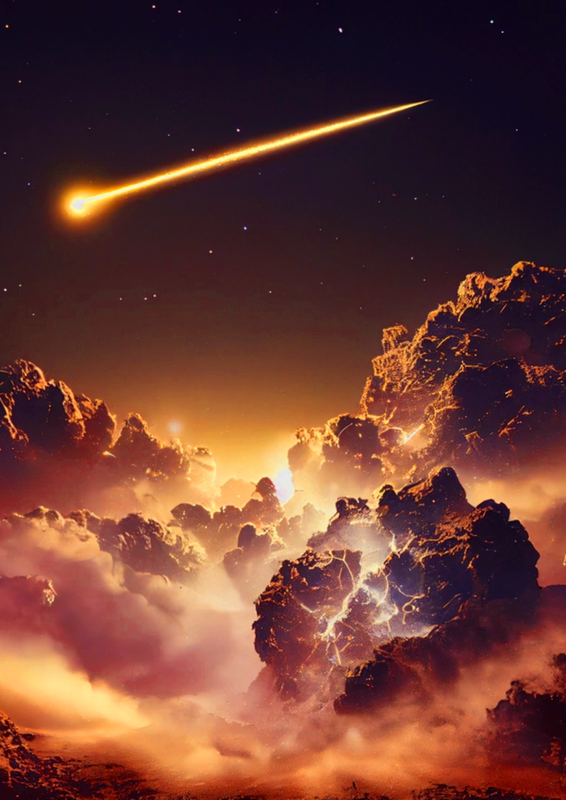

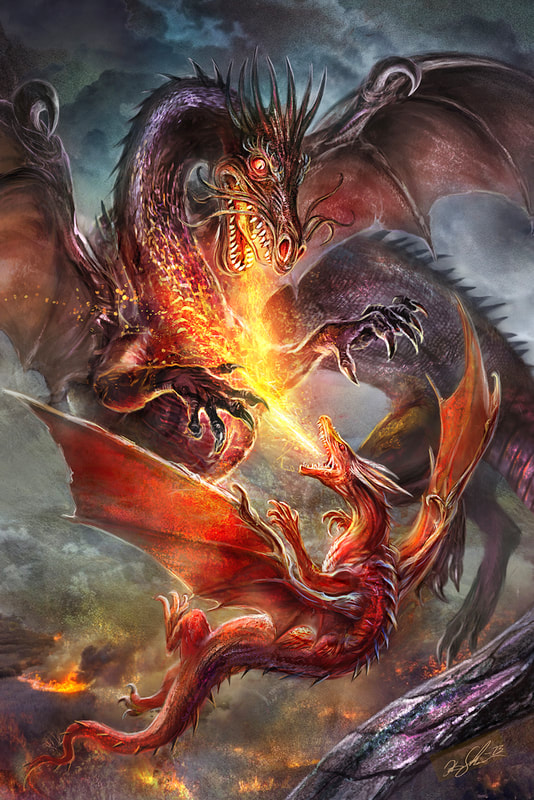
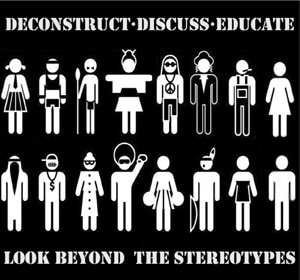


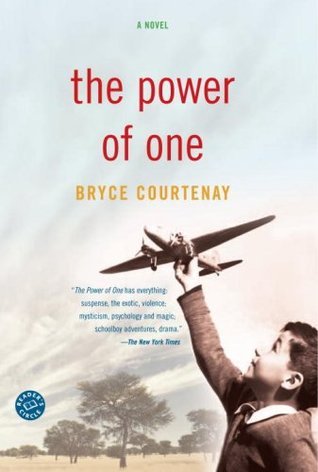
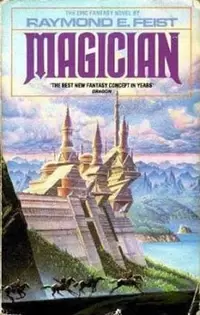



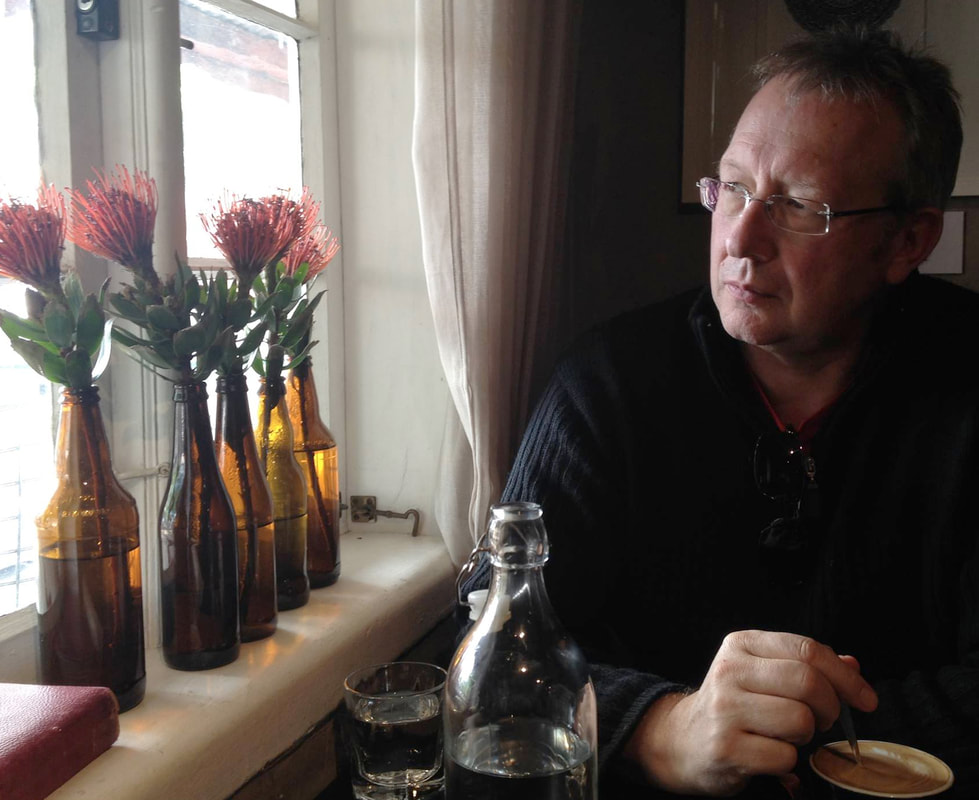
 RSS Feed
RSS Feed